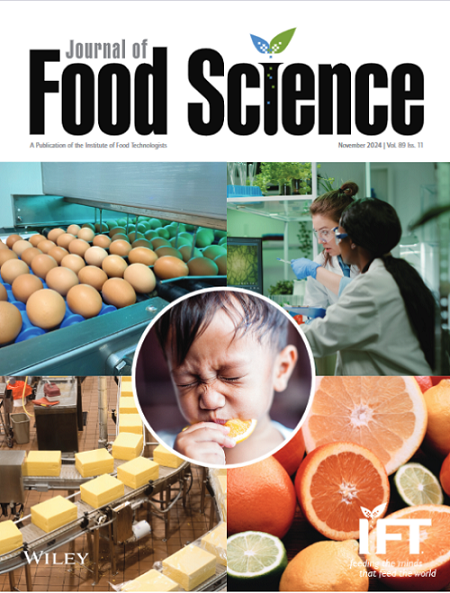Anji Baicha (Camellia sinensis), one of the top 10 teas in China, possesses old leaves rich in bioactive ingredients yet is frequently discarded due to inferior taste. This study evaluated the effects of fermentation with Eurotium cristatum, a probiotic known to enhance bioactivity, on the primary nutrients and on the hypoglycemic and sedative properties of old leaves of Anji Baicha. Results indicated a considerable reduction in free amino acids and tea polyphenols post-fermentation. Conversely, the concentrations of flavonoids and theabrownins increased significantly, showing a positive correlation with the in vitro hypoglycemic effect. The contents of L-theanine and γ-aminobutyric acid (γ-GABA), known for their sedative effects, increased after fermentation, while caffeine and glutamate, renowned for their neural stimulation effect, decreased. Molecular docking revealed that L-theanine and γ-GABA may act as a sedative and sleep aid by competing for receptors with caffeine and glutamate, specifically NMDAR2A. This study not only introduces a novel approach for utilizing old leaves of Anji Baicha but also establishes a foundation for further investigating the hypoglycemic, sedative, and sleep-aiding effects of tea fermented with Eurotium cristatum.
This research offers a sustainable solution for repurposing the underutilized old leaves of Anji Baicha, enhancing their market value and contributing to the circular economy within the tea industry. The fermented tea could be integrated into health-conscious food and beverage products, targeting consumers seeking natural hypoglycemic and sleep-aiding alternatives. Additionally, the findings open avenues for the development of functional teas that cater to specific health needs, such as diabetes management and sleep improvement.


